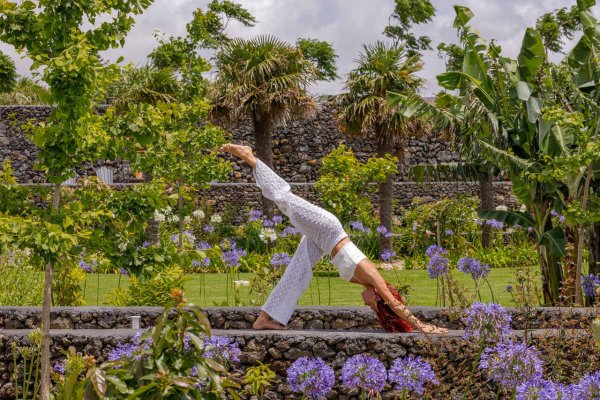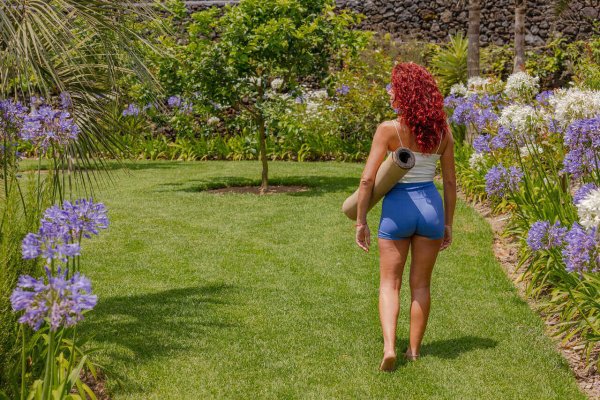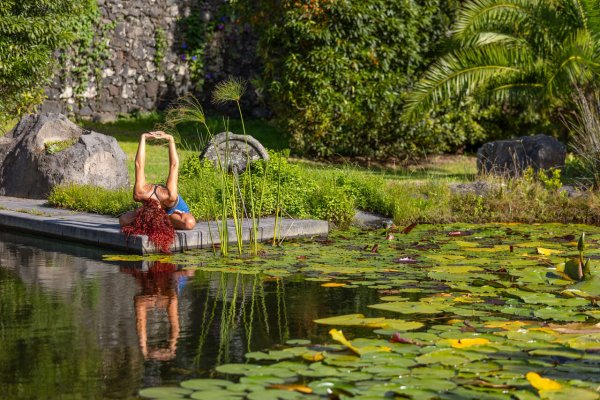


There are those who believe that being a yoga teacher means fitting into a certain mold, but the purpose of this article is to show that having a yoga certification does not mean meeting all the expectations or preconceived ideas of what it means to be a yogi.
Yoga is a journey that should be walked with calm and grace. It’s important to appreciate each step mindfully and presently, without rushing or comparing. Each practitioner follows their own path at their own pace.
Being vegetarian, although it is an ethical principle addressed in other articles, does not mean that a teacher must adopt that diet simply because they teach yoga. Listening to the body, respecting one's own needs, and recognizing the right moment to make that change is a more aligned path toward authentic practice. Forcing changes just to please or meet external expectations is not coherent with the philosophy of respect and awareness that yoga promotes.
Feeling anger, having negative thoughts, experiencing fear or sadness — all of this is part of the human experience. We are all human, and it’s natural that a yogi feels challenging emotions too. The difference is that, through practice, one learns to recognize these states and deal with them in a more conscious and balanced way. But that doesn't mean they stop feeling them.
It’s also common to think that a yoga teacher knows how to do all the postures. In reality, that is far from the truth. It’s a myth to imagine that everyone has mastered every asana or can perform highly advanced positions. Yoga is not a flexibility contest — it is a process of self-awareness and connection with the body, always within the limits and possibilities of each individual.
Moreover, it’s important to recognize that yoga teachers don’t know everything about yoga. They are constantly learning. The knowledge is vast, and no matter how much training one has, there is always more to discover, deepen, or revisit.
Not all yoga teachers are calm all the time, nor do they have to accept everything passively. Practicing yoga does not mean erasing one's personality or losing the ability to have an opinion. Being assertive, setting boundaries, and standing up for values are all part of inner balance.
There’s also the idea that yoga teachers are always available for others, forgetting that they too need to take care of themselves. Self-care — whether through meditation, rest, or other balancing practices — is essential to maintain the energy and clarity needed to teach.
Even when working deeply on the spiritual dimension, there may be times when the teacher feels lost. There is no path that offers absolute certainty all the time. Doubts may arise, insecurities, moments of reflection about whether or not one is on the right track.
That too is part of the process. Being aware of these phases and learning to listen to them with humility is, many times, the greatest lesson one can share.
Being a yoga teacher is, above all, a daily commitment to practice and personal growth. It is a path built with humility, authenticity, and a constant openness to learn. It is with this spirit that, in Ponta Delgada and Ribeira Grande, in the Azores, I strive to guide my students through an accessible practice — one that respects each person’s rhythm and needs, promoting physical, mental, and emotional well-being.


